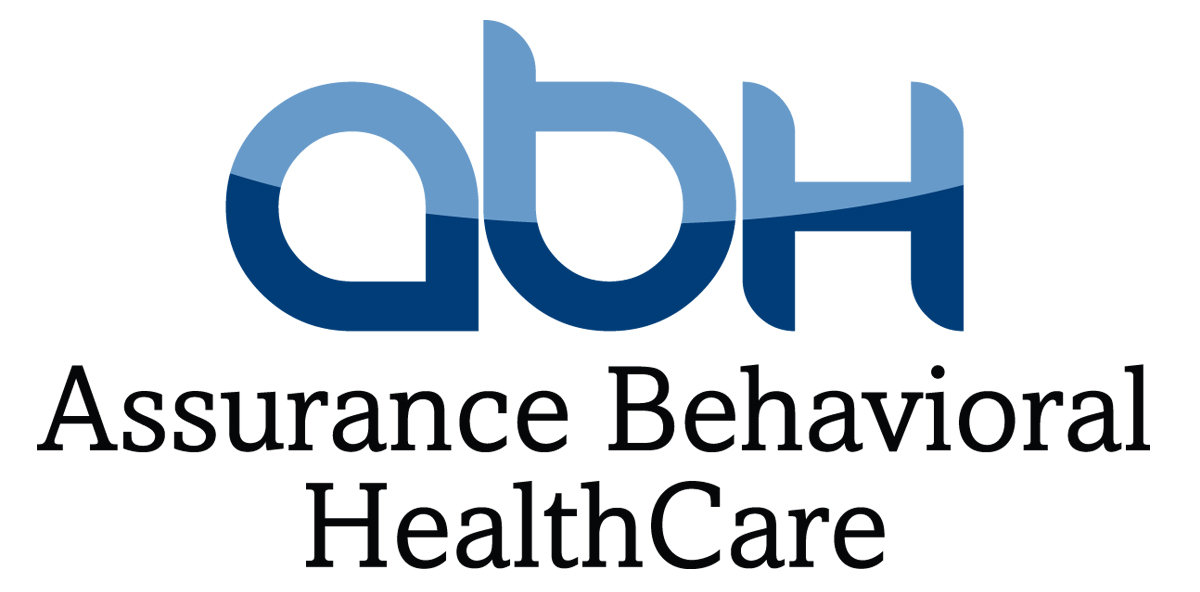COVID-19 has imposed many challenges on families, the legal community and mental health practitioners whose role it is to evaluate families and make recommendations in the best interest of the child. We are relying on remote technology to conduct Forensic Family Court Evaluations (FFCEs) alongside many other organizations as NJPA Psychologists for Promotion of Child Welfare Work Group (PPCW) and the New Jersey Department of Children and Families. How effective is this remote evaluations? What are the benefits of conducting remotely? What are some of the concerns for us moving forward?
PROS of Remote Evaluations
Established best practices within the elemental health community. Work by professionals should be viewed as valid, reliable, and trustworthy in court. Videoconferencing as a service delivery mechanism has been effective since 1998 and and its guidelines are approved by countless organizations. This process bases their protocols and techniques on adapting their services.
Process is very similar. The process of assessment or gathering information for practitioners is much the same as, designing the therapeutic frame, establishing rapport sufficient for the mental health task, objectively collecting data to address either clinical issues or psycholegal questions.
Ethical Responsibilities remain unchanged. Remotely conducting forensic evaluations does not change the ethical responsibilities of the professionals or sacrifice the safety of those being evaluated. While elemental health services has some clinical and practical limitations, special caution should be excised in cases involving child abuse, domestic violence, aggression and other violent behaviors that threaten the safety of participants.
CONS of Remote Evaluations
Undetected third-party. Evaluations are conducted in the privacy and safety of an professional’s office to provide a controlled and standardized environment to void direct or indirect influences of third parties, distractions or interruptions and the risk of being recorded. This is not compromised with remote evaluations.
Psychological evaluations were not designed to be virtual. With the added stress of COVID-19, stress is at an all-time high. Many families are struggling and the evaluation is not taking place in a controlled settings as they were before. Remote evaluation protocols do not exist across the board to help assess professionals manage this new environment.
Data is perceived to be not accurate. There is some pushback in the community asserting that evaluators using virtual technology cannot successfully claim to meet the threshold of reasonable degree of psychological certainty. What this means is that, claims rest on research and collective opinions within the framework of remote interaction. This forces stakeholders to make a decision based off of online interactions – where acts of violence happen in the physical world.
Overall, the role of virtual assessment needs to be studied more thoughtfully to determine its accuracy in the field. As we continue to navigate through this pandemic, we will update with more information on effective guidelines.
Sources
Forensic Family Court Evaluations and the COVID-19 Pandemic: Considerations and Concerns Association of Family and Conciliation Courts, August Issue
In Support of Remote Forensic Family Court Evaluations Association of Family and Conciliation Courts, August Issue
American Counseling Association. (2014) ACA code of ethics.
National Association of Social Workers, Association of Social Work Boards, Council on Social Work Education & Clinical Social Work Association. Standards for technology in social work practice. (2017).

